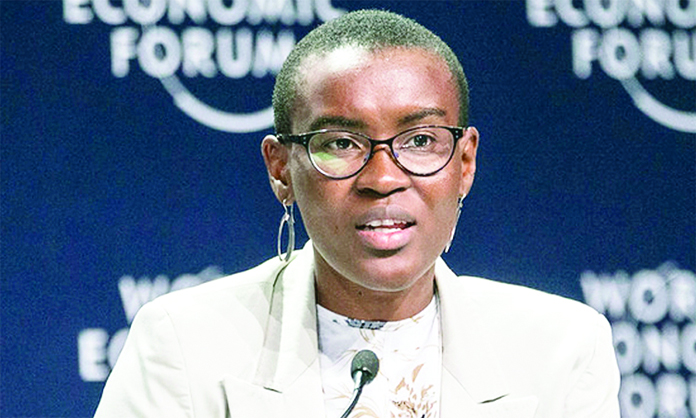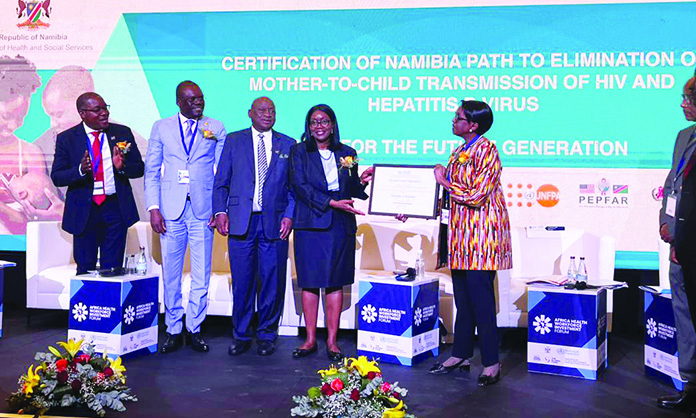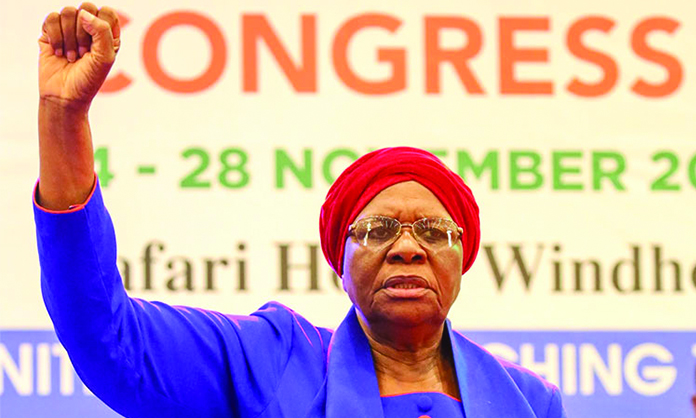The Namibian government regards education as a fundamental human right.
Kofi Anan said, “Education is the great equaliser of our time, it gives hope to the hopeless and creates chances for those without it”.
The Dakar Framework for Action on Education noted that quality education is a key enabler for sustainable development.
Carol Bellamy, the chairperson of the Global Partnership for Education said, “Education should not be seen as a sideline, but as an anchor to development policy”.
If quality education is the bedrock of sustainable development, why are the UN Sustainable Development Goal (SDG) targets and goals vague and not easily measurable?
Sustainable Development Goal 4 (which is quality education) targets do not consider how the social-economic factors, especially in developing countries like Namibia, impact the implementation of quality education.
The targets assume that all countries have the same infrastructure, social net and economic standing.
Although the targets are vague, Namibia has made great strides to achieve target 4.1 to (“ensure by 2030, all girls and boys complete free, equitable and quality primary and secondary education leading to relevant and effective learning outcomes”) for example, seeing an increase in enrolments in both genders in primary education from 60% in 1990 to 99% in 2020.
The government has also heavily invested in school feeding programmes across the country, which is commendable.
However, the quality of education that pupils receive is compromised by various challenges.
These challenges include insufficient budgetary allocation to build schools, poor maintenance of existing school structures, lack of sufficiently qualified teachers, lack of resources like books, laboratories, e-learning centres, ablution structures, water and electricity.
Furthermore, there isn’t sufficient infrastructure and resources made for children with disabilities and other special needs across the country.
The Namibian 2021 Voluntary National Review Report on the Implementation of the SDGs cited that the government targeted to construct 255 new classrooms countrywide, but only managed to construct 89 new classrooms in all 14 regions.
The low figure was attributed to insufficient budget provision.
There are companies like MTC who have come on board to assist the government in its plight to build schools, however, more companies need to come to the fore.
Corporate social responsibility (CSR) initiatives in Namibia need to be coordinated better.
There is a need to create a national overachieving body that works alongside the National Planning Commission.
This body will be a one-stop place where corporates, individuals and other entities can go, and based on the industry they emanate from and be given areas where their contribution will be most felt.
The telecommunications companies can for example, be given the responsibility to focus all their CSR efforts in either maintaining existing school structures or building new ones.
The banks, as seen with the upgrade of the Katutura Emergency Centre, can be given the responsibility to cater to public hospitals and clinics.
That way, contributions are not fragmented and thinly spread, as the impact is less felt and seen.
Lastly, Namibia needs to propose new targets under the quality of education SDG goal, which align more with the socio-economic context of global South countries.
- Morna Ikosa is a seasoned communications and stakeholder engagement consultant. With an affinity for sustainable development and certified in preventing and responding to sexual harassment,workplace bullying and violence.
Stay informed with The Namibian – your source for credible journalism. Get in-depth reporting and opinions for
only N$85 a month. Invest in journalism, invest in democracy –
Subscribe Now!






